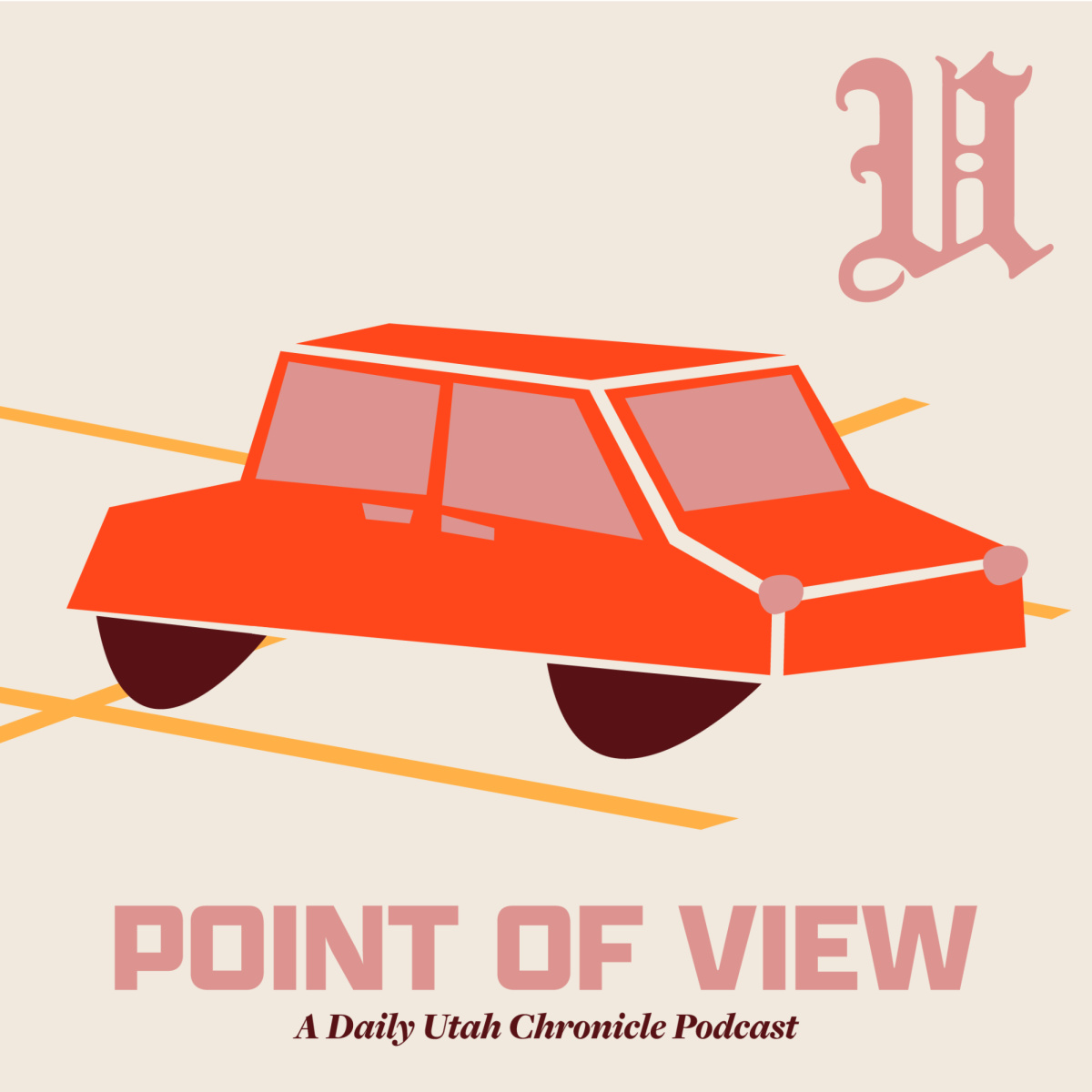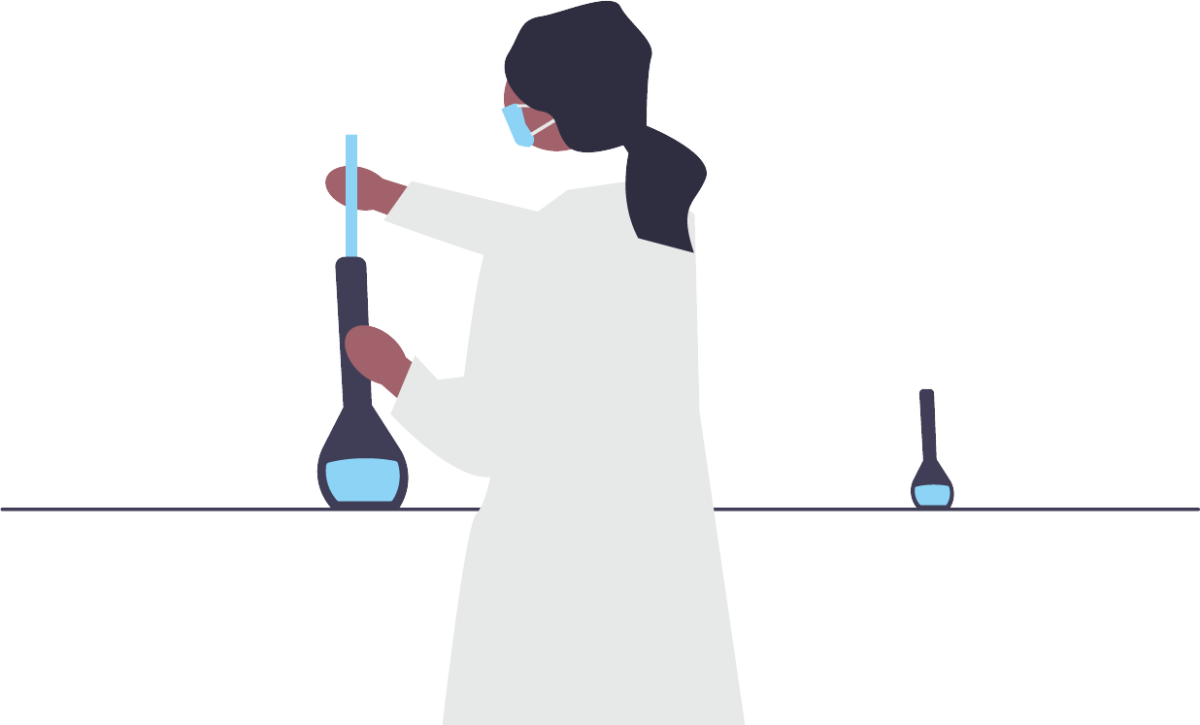What I enjoyed most about the TV show “Mad Men” was that the series adhered fairly reliably to the period in which it was set (the ‘60s). Back then, it was more or less natural for men to leave their wives to tend the homestead, drink an unprecedented quantity of alcohol at the office and smoke an unrestricted number of cigarettes practically anywhere. Some of the most subtly memorable scenes were those in which Don Draper smoked in places where cigarettes are taboo (if not illicit) today, such as when offered a light by the stewardess of the plane he was on or when quietly puffing away in the inner wings of a hospital. Keeping in mind that smoking was only completely banned on United States airlines in 1998, we’ve come a long way since the days of the universal smoking section. As various media and lobby groups have fought to curb the number of available smoking sections, an anti-smoking sentiment has become more and more popular. Indeed, a recent proposal by the Department of Housing and Urban Development (HUD) to ban smoking in public housing can be seen as yet another notch in the decades-long war on cigarettes.
Smoking in public places can be both disturbing and dangerous — undoubtedly, opponents of secondhand smoke have a fairly convincing case on their hands. Secondhand smoke is made up of more than 7,000 chemicals, most of which are carcinogenic. Smoking affects more than just those who put cigarettes between their teeth. Secondhand smoke can cause hearing loss, nicotine dependence (esp. among young children) and cancer. New research has found that the only way to completely prevent the effects of secondhand smoke is to make sure it isn’t created in the first place — it’s not enough to simply open a window — which is one reason it’s now illegal to smoke in a car with a minor. Secondhand smoke is one of the most implicitly harmful substances people regularly and widely produce.
HUD public housing is limited to low-income families, the elderly or those with disabilities. Oftentimes it is the only viable housing option for people who fall into these categories. This means that, for better or worse, some people have little choice in where they live or who they live next to. I think it unfair that some people in this living situation be subjected to the health decisions of their neighbors. Most apartment buildings already have bans of this kind for many of the reasons outlined above. It’s not a question of personal choice. It’s a question of preserving the right of apartment-dwellers to avoid the effects of secondhand smoke. If Medicaid can pay for tobacco dependence treatment (which it does), I think it not an undue burden to require that public housing residents either quit or move their habit elsewhere.
There are some who claim the ban is unfair. Tammy Bruce of The Washington Times has argued that the cigarette ban, in the name of “health and safety,” is hypocritical considering the Obama administration’s plan to systematically release non-violent offenders from U.S. prisons (who Bruce repeatedly calls “convicted gangbangers and drug dealers”), many of whom will end up in HUD public housing. It’s worth mentioning that her argument lacks a certain potency after, in the very second sentence, she calls Julian Castro, the HUD Secretary, a “predictable liberal toady from President Obama’s regime.”
Hers is the most vitriolic, if not also hyper-guided, attempt to disparage the smoking ban. She doesn’t take into account smoking-related effects on those whose income, age or disability require that they live in government-subsidized housing. She admits only at the end of her article that smoking bans are actually quite good (though not, apparently, when they come from Obama’s “henchmen”). The irony, of course, is that the legitimate health and safety of the very people on whose behalf she purports to be writing will only continue to be negatively impacted by smoking and its harmful health effects. She seems to be waging a political battle against the massive release of non-violent offenders and, in general, all “liberal toadies” at the expense of both the health of public housing residents and rational argument-making.
What I also liked about “Mad Men” is that its accuracy encompassed the effects of smoking. A certain main character — unnamed for spoiler reasons — is diagnosed in the last few episodes with lung cancer, which the viewer assumes will lead to a quick, early death. Truly and unironically, for these residents’ health and safety, we should take our lesson from this period piece — and the many, many others who have decried smoking — and accept the government’s ban on smoking in or near public housing.






















